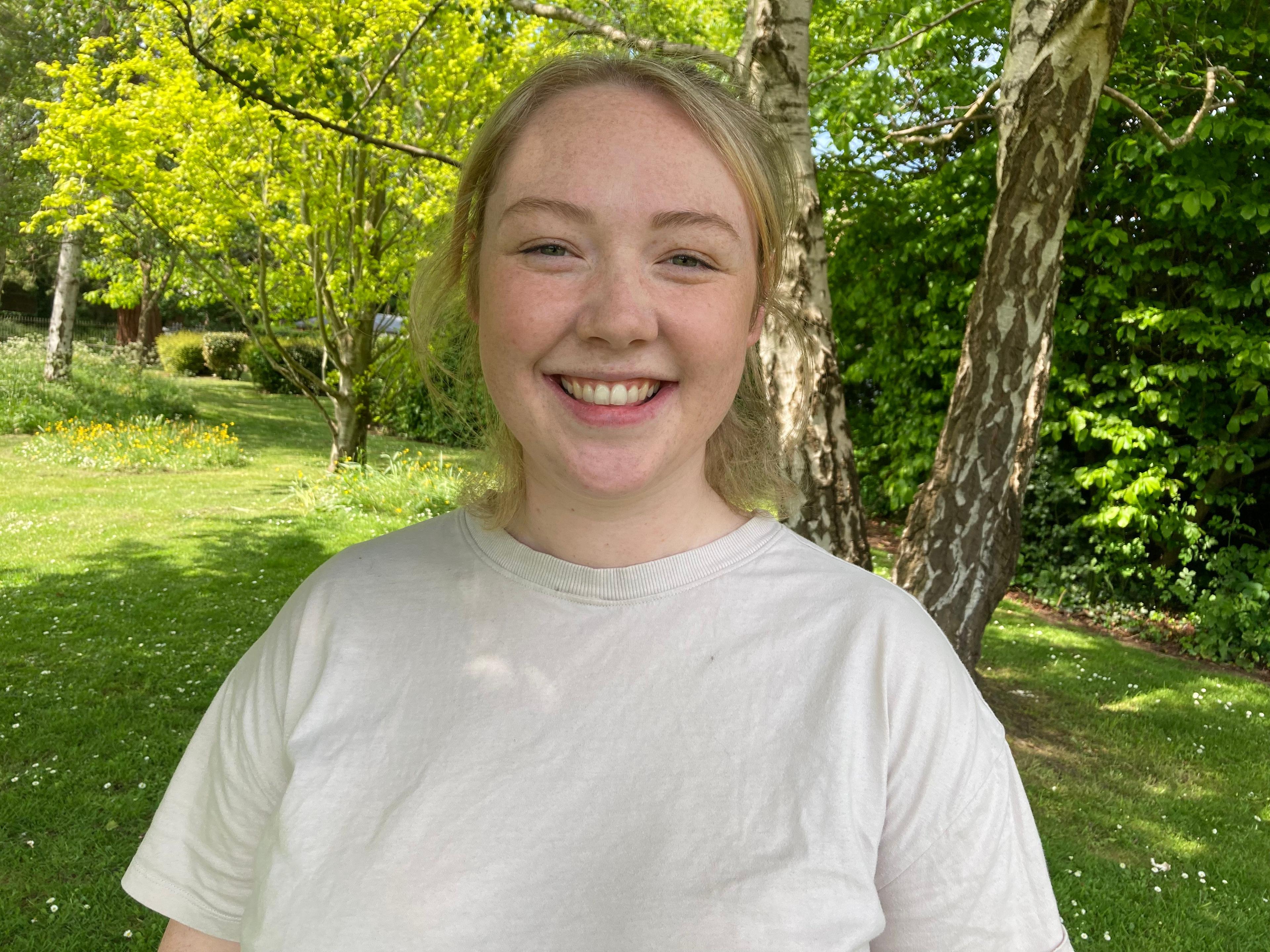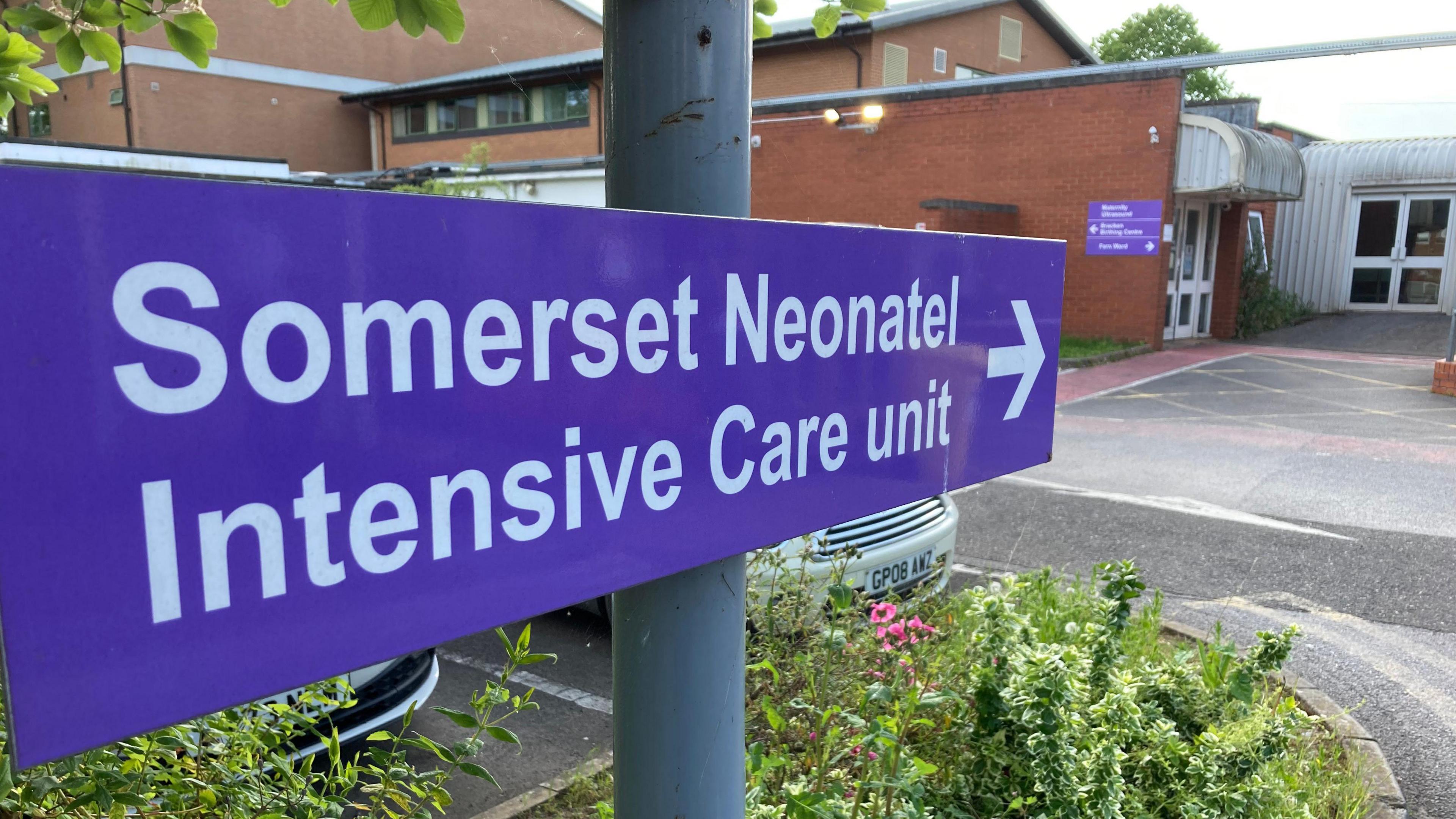New support for families critical of pregnancy care

Mothers in Somerset will be supported by a new staff member
- Published
A new service in Somerset is being set up to support women who have had adverse outcomes during pregnancy.
Maternity and neonatal independent senior advocates (MNISA) say they will act on behalf of women if they feel their experience when being cared for during pregnancy led to something going wrong.
This can include death, babies being diagnosed with brain injuries or mothers needing critical care. MNISAs can attend meetings or support users through investigations and complaints.
The service will be piloted until next year and while the role is independent from the maternity and neonatal trust provider (Somerset NHS Foundation Trust), it sits within NHS Somerset.
Embedding trust
The role will take direction from mothers and families who have experienced:
A baby dying before they are born
A baby dying in the days or weeks following their birth
A mother dying
A mother having unexpected or unplanned removal of her womb within six months of giving birth
A mother who had an unexpected time of care in the critical or intensive care unit
A baby being diagnosed with brain injury or suspected brain injury
Jane Innes, a qualified lawyer who has worked across the NHS for 30 years, will take up the new role in Somerset.
She said: "There is an acknowledgement that people's voices need to be heard and listened to so systems can act and respond appropriately."
The service aims to help those affected understand the healthcare system, accompany families at meetings where concerns are discussed, and can support them through investigation and complaints.
Talking about her role, Ms Innes said she is "independent from the trust care providers", but is "employed within the larger NHS system".
"We have the autonomy to report any concerns... to any board that we feel necessary.
"We know, we can have a seat at a table to raise something we don't think is being adequately addressed."
She added: "There are complex issues and situations throughout the country. We've had various reports and reviews that have been carried out nationally and the system recognises that improvement and change needs to happen and this role is part of that.
"There needs to be open and transparent conversations held between service users and trust providers. It's about enabling families to be supported to have questions asked and answered.
"That itself will help embed trust between service users and providers of care nationally."
Follow BBC Somerset on Facebook, external and X, external. Send your story ideas to us on email or via WhatsApp on 0800 313 4630.
- Published13 May 2024

- Published10 May 2024
